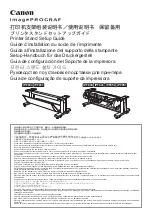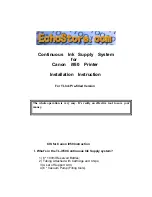
2
discoverbattery.com
Overview
The manual includes information about safety instructions, installation considerations, and other valuable topics to help you
install, operate and maintain your Discover
®
Tubular Gel Battery. Please read through this guide completely before using your
batteries, this will help protect your new investment and ensure the batteries are operating to maximum performance.
Certain configuration, installations, service, and operating tasks should only be performed by qualified personnel in
consultation with local utilities and/or authorized dealers. Qualified personnel should have training, knowledge, and
experience in:
• Installing electrical equipment
• Applying applicable installation codes
• Analyzing and reducing hazards involved in performing electrical work
• Installing and configuring batteries
No responsibility is assumed by Discover for any consequences arising out of the use of this material.
Visit discoverbattery.com for the most recent version of published documents.
!
Read instructions carefully and place them
close to the battery.
Use protective glasses, gloves and clothing
when working on batteries. Always make safe
working practices a priority.
No smoking. Do not expose batteries
to flames, or sparks, as it may cause an
explosion.
Clothing contaminated by acid should be
washed in water.
Batteries with this symbol can be recycled.
Risk of explosion and fire. CAUTION: Battery
terminals and connector are always under
voltage. Do not place tools or other metal
objects on the battery. Avoid short circuits!
Electrolyte is highly corrosive.
Batteries and cells are heavy. Ensure secure
installation! Use only suitable handling
equipment and lifting gear.
Dangerous Voltage!
Do not mix with other industrial or household
waste. Contact your servicing Discover
®
dealer
for proper battery return and recycling!


























